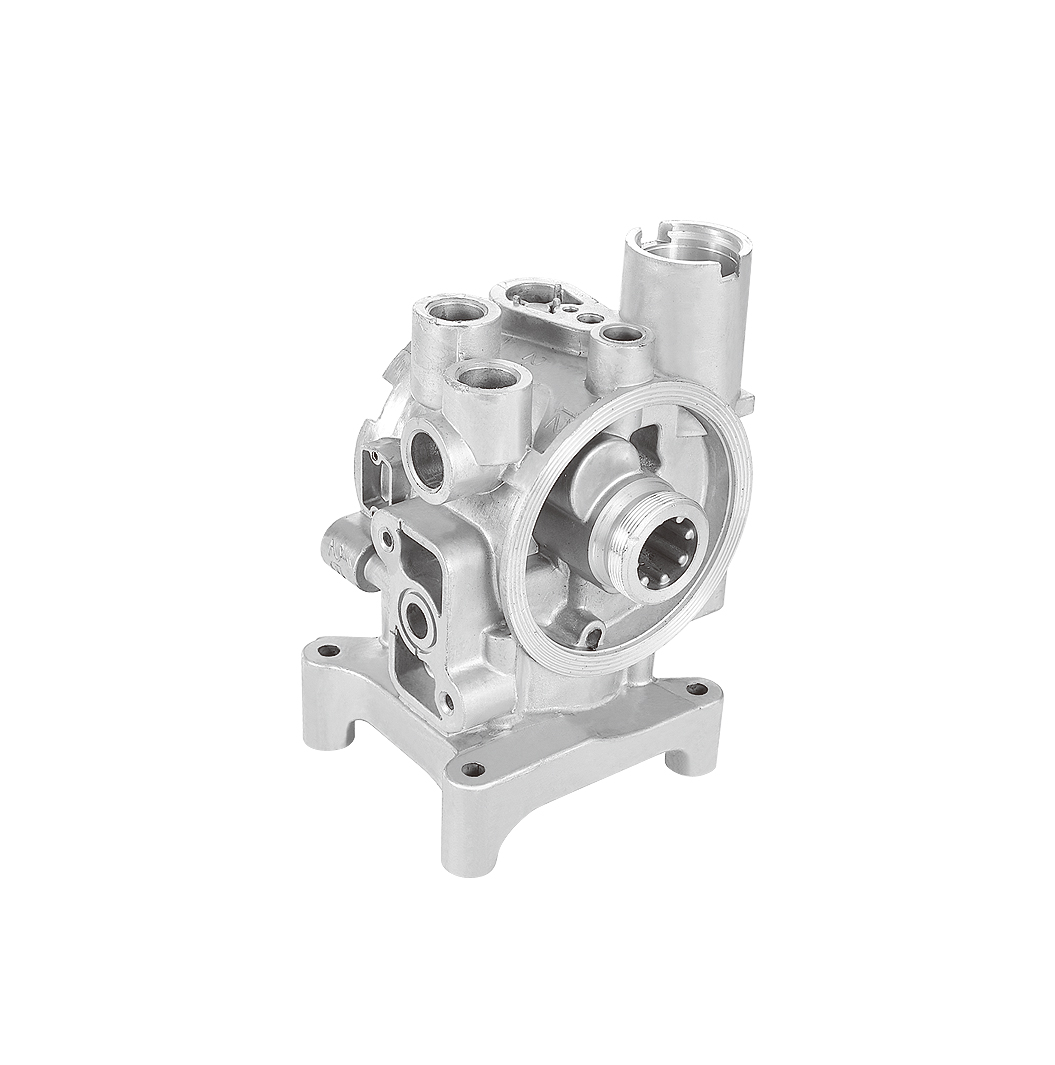 +86-13516964051
+86-13516964051
Application of non-standard precision low-pressure casting in the field of new energy
description1
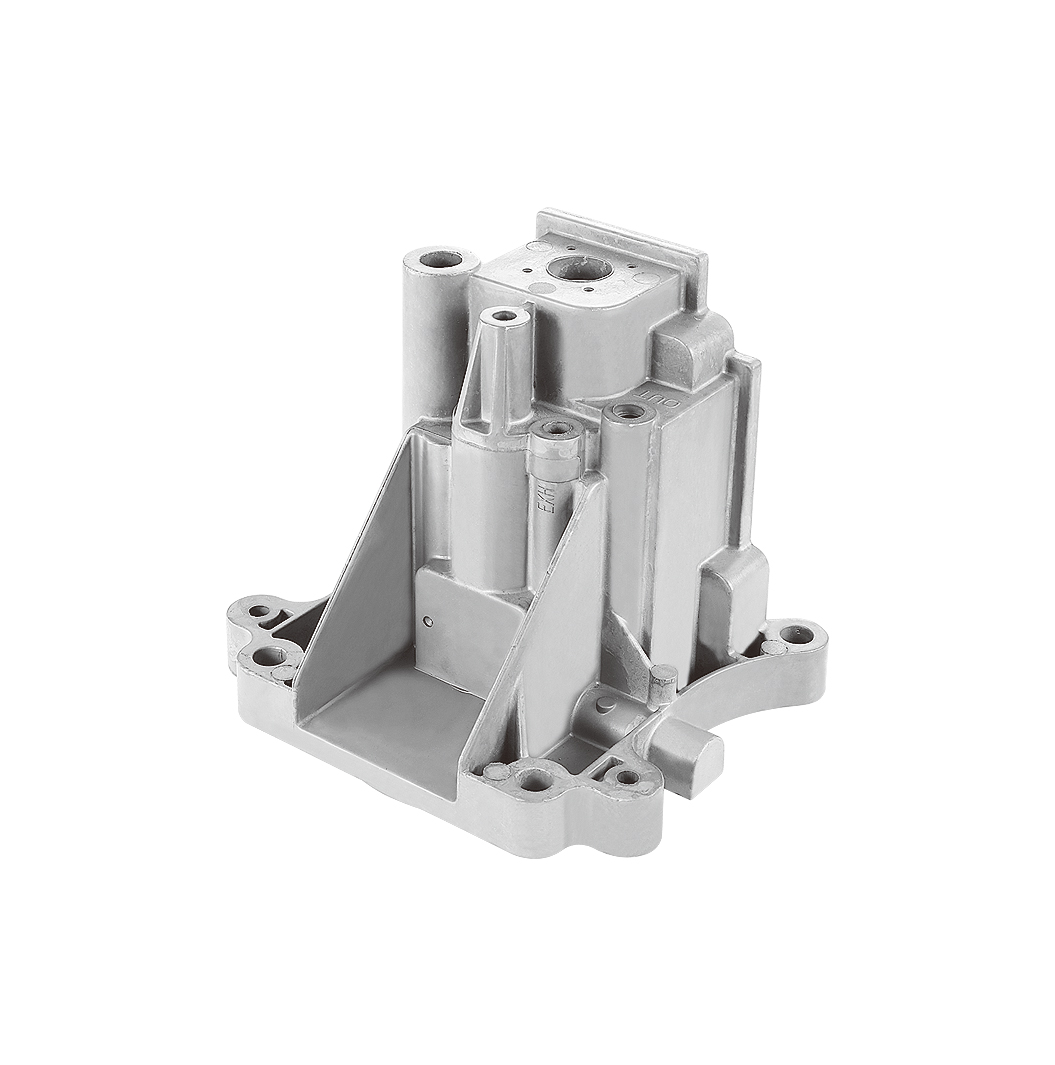
Motor housing
The motor of new energy vehicles is the core power component, and the performance of its housing directly affects the operating efficiency and reliability of the motor. Yongkang Hantai Casting uses non-standard precision low-pressure casting technology to manufacture the motor housing, which has excellent thermal conductivity and can effectively dissipate the heat generated by the generator during operation, ensuring that the motor can still operate stably under high temperature conditions. At the same time, the motor housing has good mechanical strength and electromagnetic shielding performance, which prevents the influence of external electromagnetic interference on the motor control system and ensures the driving safety of the vehicle. Its precise size and smooth inner surface help optimize the heat dissipation channel and internal structure layout of the motor, and improve the overall performance of the motor.
For example, the motor housing we customized for a new energy vehicle brand has been rigorously tested. Under harsh working conditions such as high temperature and high speed, the temperature rise of the motor is controlled within a reasonable range. The motor efficiency is increased by [80]% compared to the housing manufactured using traditional casting technology, which significantly improves the vehicle's cruising range and power performance, and has been highly recognized by customers.
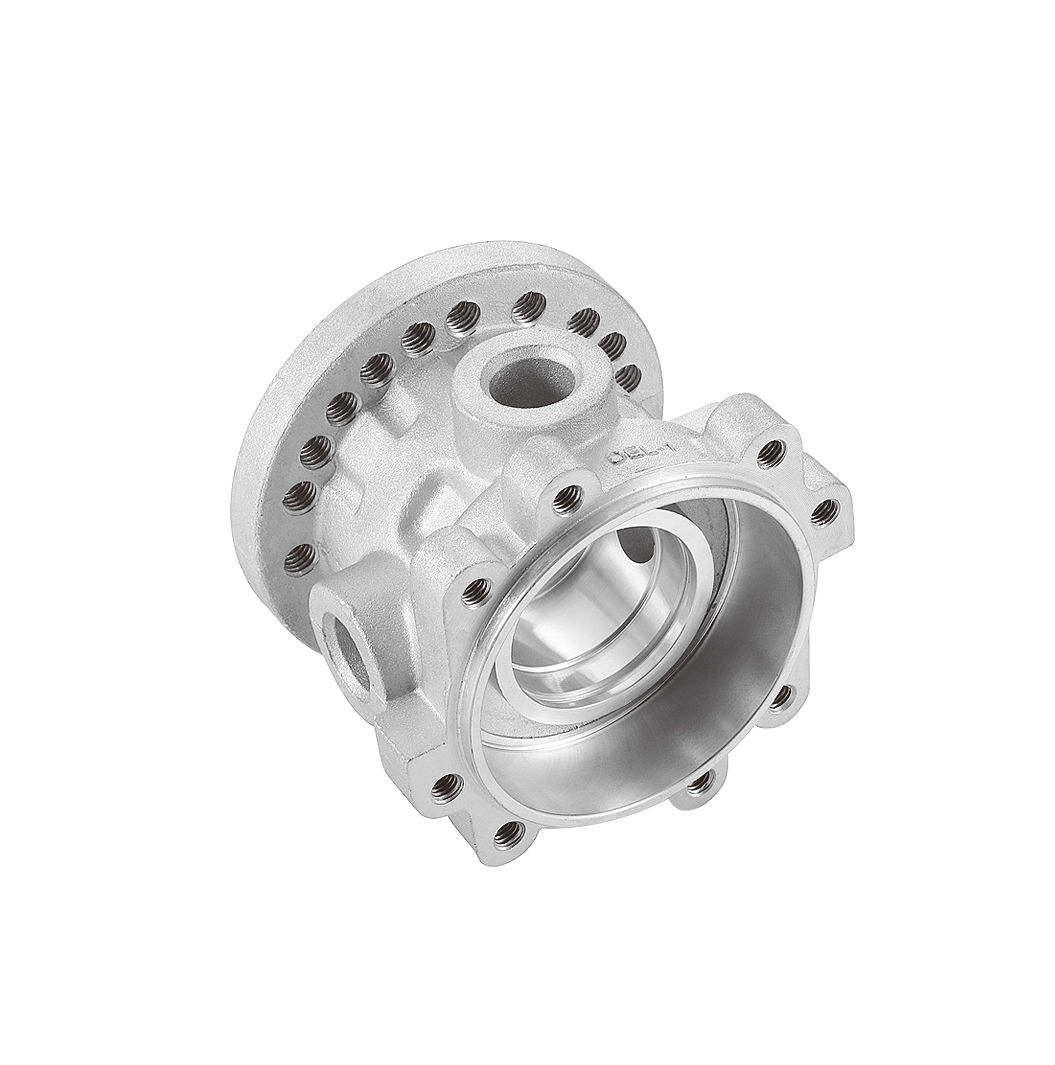
Battery Pack Housing
As the energy storage core of new energy vehicles, the battery pack housing not only needs to have high strength and good sealing to protect the internal battery module from external impact, dust and moisture, but also needs to have certain heat dissipation and insulation properties. Yongkang Hantai Casting's non-standard precision low-pressure casting process can manufacture battery pack housings with complex structures and high precision requirements. By accurately controlling the wall thickness and the distribution of reinforcing ribs, the mechanical properties of the housing are optimized, so that it can remain intact under various bumps and collision conditions during vehicle driving. At the same time, a special heat dissipation rib structure is designed on the surface of the housing, combined with the excellent thermal conductivity of the material, to achieve efficient heat dissipation of the battery pack and extend the battery life.
Compared with traditional processes, our battery pack shell also has significant advantages in lightweighting. While ensuring structural strength, the weight is reduced by [X]%, which helps to reduce the weight of the entire vehicle and improve the energy efficiency of the vehicle. In addition, by optimizing the casting process, a close fit between the shell and the battery module is achieved, which improves the space utilization of the battery pack and provides the possibility for the compact design of new energy vehicles.
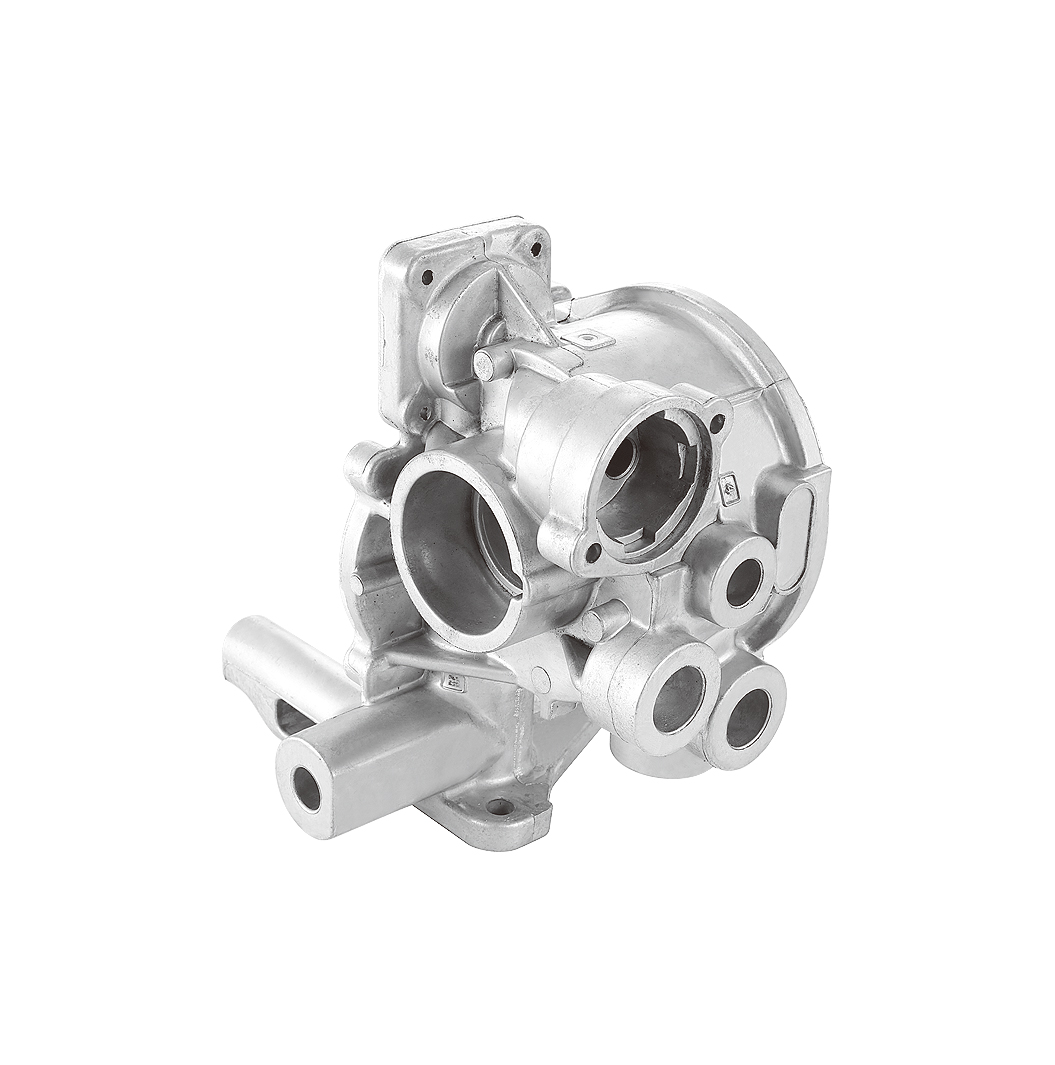
Inverter shell
The inverter is a key component in new energy vehicles that converts direct current into alternating current. Its shell needs to have good heat dissipation performance and electromagnetic compatibility. Yongkang Hantai Casting's non-standard precision low-pressure casting inverter shell is made of aluminum alloy material. After special heat treatment process and surface treatment, it has high thermal conductivity and low thermal resistance. It can quickly dissipate the heat generated inside the inverter to the external environment, ensuring the temperature stability of the inverter when it is running at high power, thereby improving its conversion efficiency and reliability. At the same time, the electromagnetic shielding coating on the surface of the shell effectively prevents the leakage of electromagnetic interference and ensures the normal operation of the vehicle's electronic system.
In actual applications, the inverter housing we produced for a new energy vehicle company has increased the heat dissipation efficiency of the inverter by [X]%, reduced electromagnetic interference by [X] decibels, significantly improved the performance of the inverter, and provided strong support for the efficient power transmission and stable operation of new energy vehicles.
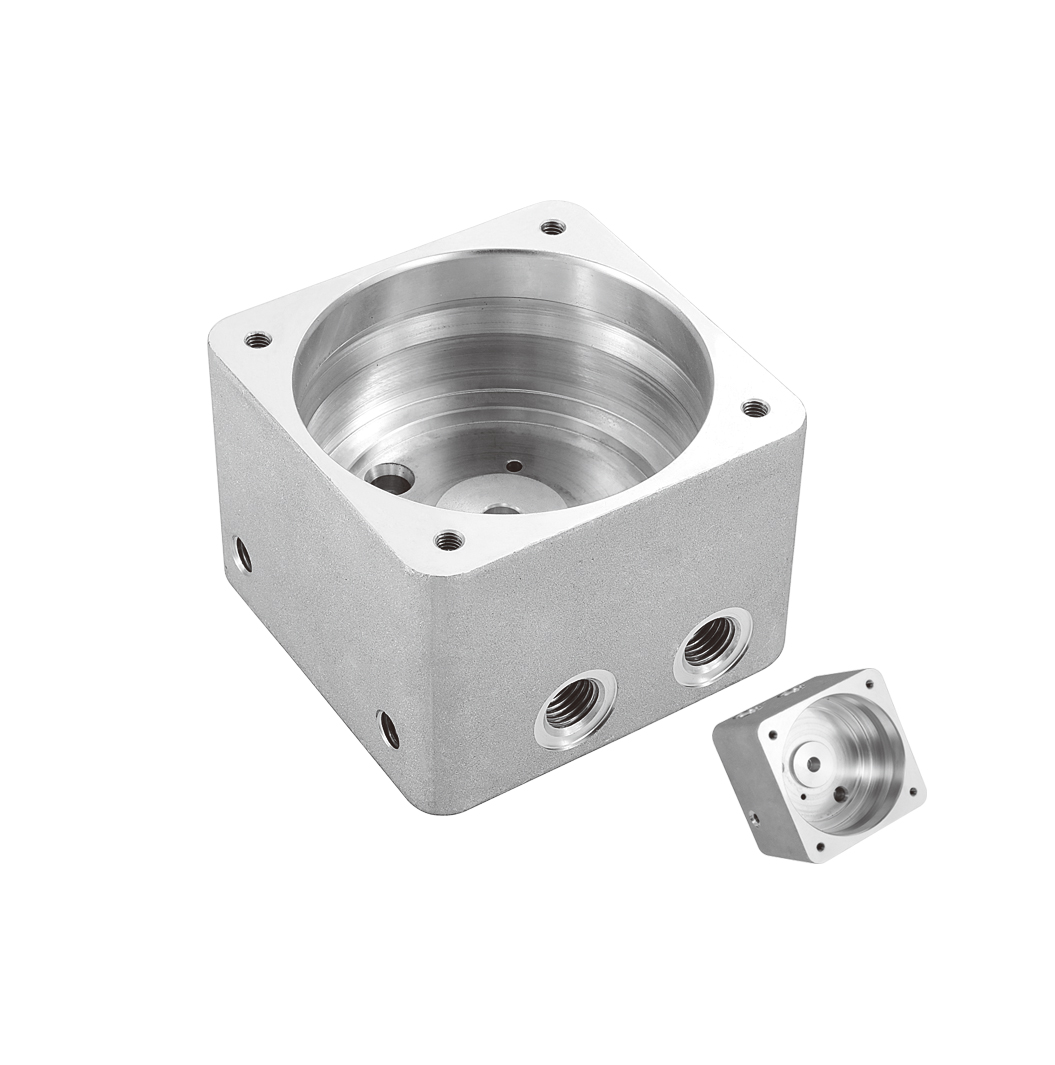
Solar tracking bracket components
In the solar photovoltaic power generation system, the tracking bracket can automatically adjust the angle according to the position of the sun to improve the power generation efficiency of the solar panel. Yongkang Hantai Casting's non-standard precision low-pressure casting components, such as the joint bearing seat and drive housing of the tracking bracket, have high precision and high reliability. These components can operate stably for a long time under complex outdoor environmental conditions, withstand erosion by natural factors such as wind, sand, rain, and ultraviolet rays, and ensure the flexible rotation and precise control of the tracking bracket. Its precise casting process ensures the dimensional accuracy and matching clearance of the components, making the movement of the tracking bracket smoother, reducing friction and wear, extending the service life of the equipment, and improving the overall power generation efficiency of the solar power generation system.
For example, in a large solar power station project, the failure rate of the tracking bracket casting parts we provided was far lower than the industry average after years of actual operation, and the power generation efficiency was improved by [X]%, which brought significant economic benefits to the power station owner and also contributed to the efficient use of solar energy.
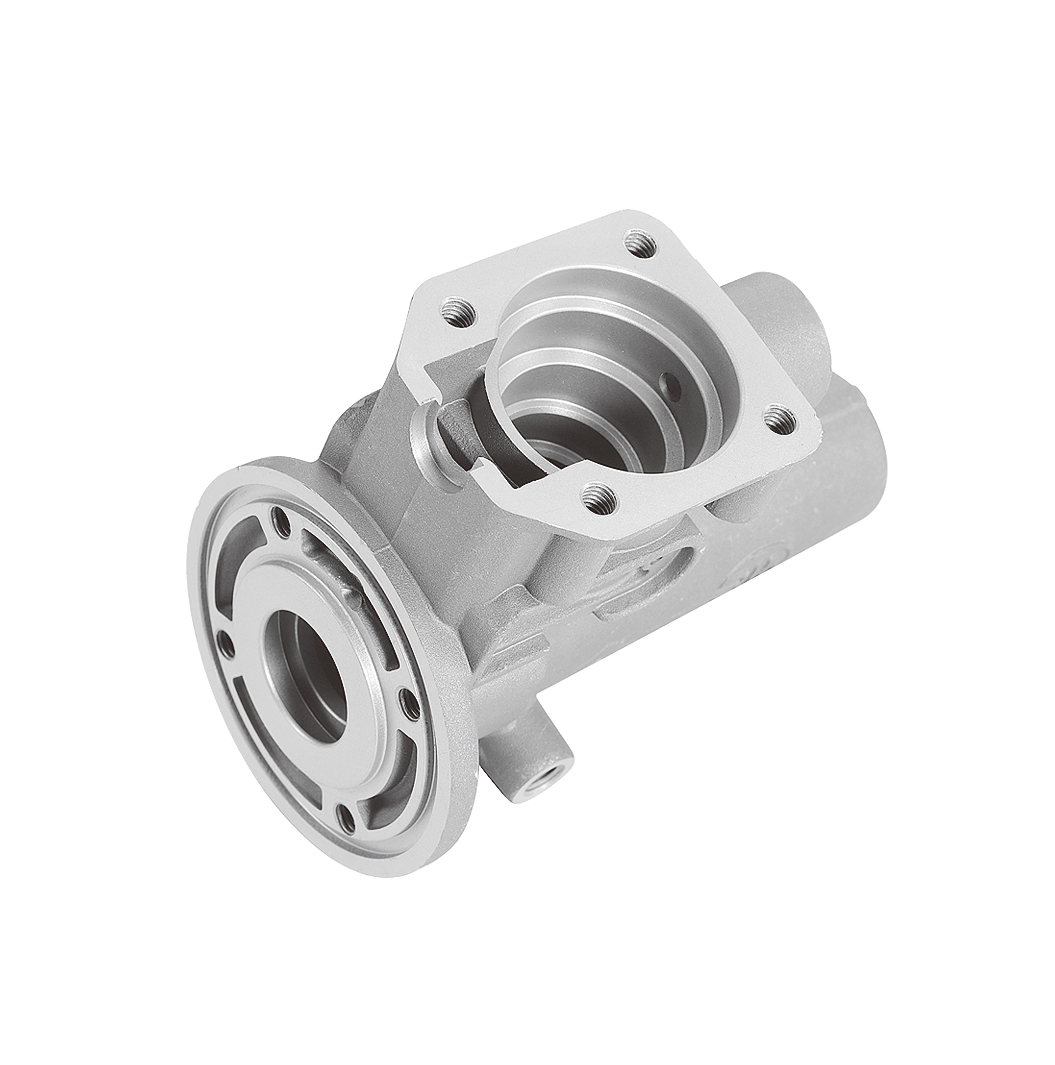
Wind turbine parts
The parts of wind turbines, such as hubs, variable pitch bearing seats, gearbox housings, etc., have extremely high requirements for casting quality and performance. Yongkang Hantai Casting uses non-standard precision low-pressure casting technology to manufacture precision castings that meet the high strength and high fatigue life requirements of wind turbines. By optimizing the casting process parameters and alloy composition, the castings we produce have excellent mechanical properties and can maintain stable operation under complex wind field environments and long-term alternating loads. At the same time, the precise casting size reduces the amount of subsequent processing, reduces manufacturing costs, and improves production efficiency.
In the field of wind power, we have cooperated with many well-known wind power companies and provided them with high-quality parts. For example, the wind turbine hubs we produce have undergone rigorous fatigue testing and actual operation assessments, and their fatigue life has reached more than [X] times the design requirements, effectively ensuring the safe and stable operation of wind turbines and providing reliable support for the development of the wind energy industry.
01
Overview of non-standard precision low-pressure casting technology
Non-standard precision low-pressure casting is an advanced metal forming process that combines the process advantages of low-pressure casting with the flexibility of non-standard customization, and can meet the diverse complex parts manufacturing needs. In the low-pressure casting process, the pouring pressure and speed of the molten metal are precisely controlled to allow the molten metal to smoothly fill the mold cavity, thereby obtaining castings with dense structure, high dimensional accuracy and excellent surface quality. For many key components in the new energy field, such as motor housings, battery pack housings, inverter housings of new energy vehicles, and complex structural parts in solar and wind energy equipment, non-standard precision low-pressure casting technology can accurately achieve their complex geometric shapes and high performance requirements.
Yongkang Hantai Casting has a professional technical team and advanced production equipment in non-standard precision low-pressure casting. From mold design and manufacturing to casting process optimization, and then to subsequent processing, every link is strictly controlled to ensure that the quality of castings meets or even exceeds industry standards. We use high-precision low-pressure casting equipment, combined with advanced automation control systems, to achieve precise regulation of casting process parameters, thereby ensuring the consistency and stability of castings. At the same time, our R&D team continues to explore and innovate, customize personalized casting solutions based on the characteristics and requirements of different new energy products, and meet customers' needs in terms of product performance, cost and delivery cycle.
02
Promote environmental protection and green factory construction
While vigorously developing non-standard precision low-pressure casting technology for the application in the field of new energy, Yongkang Hantai Casting has always placed environmental protection in an important position and actively built a green factory. We are well aware of the impact that manufacturing may have on the environment during the production process, so we have implemented a series of environmental protection measures throughout the production cycle.
In terms of raw material procurement, we strictly screen suppliers and give priority to low-pollution, recyclable aluminum alloy materials to ensure the quality and environmental friendliness of raw materials. At the same time, by optimizing the utilization efficiency of raw materials, we reduce the generation of waste in the production process.
In the production process, we use advanced energy-saving casting equipment and processes to reduce energy consumption. For example, our low-pressure casting equipment is equipped with an efficient heating system and insulation device. On the premise of ensuring the quality of molten metal, it saves more than [X]% of energy compared with traditional equipment. At the same time, we strictly treat the waste gas, waste water and waste slag in the casting process, use advanced waste gas purification equipment to remove harmful gases, and ensure that the emissions meet national environmental protection standards; recycle and reuse waste water to reduce the waste of water resources; classify and recycle waste slag and treat it harmlessly to achieve the recycling of resources.
In addition, Yongkang Hantai Casting pays attention to the greening and environmental management of the factory, creating a good production environment and ecological atmosphere. We have established a sound environmental management system, regularly monitor and evaluate the environmental indicators of the factory, continuously improve environmental protection measures, and strive to achieve the coordinated development of production and environment.
03
Technological innovation and sustainable development
In order to better meet the growing needs of the new energy field, Yongkang Hantai Casting has always been committed to technological innovation and R&D investment. We have established close cooperative relations with many scientific research institutions and universities to jointly carry out research and application development of cutting-edge casting technologies. In terms of non-standard precision low-pressure casting technology, we continue to explore new process methods and material applications, such as developing new aluminum alloy materials suitable for new energy components to improve the toughness and corrosion resistance of castings; developing intelligent casting production lines to realize the automation and informatization of the production process, and improve production efficiency and product quality stability.
At the same time, we actively participate in the formulation and promotion of industry standards, share our technical experience and research results, and promote the entire casting industry to develop in the direction of high quality and green. We believe that through continuous technological innovation and close cooperation with all parties, Yongkang Hantai Casting will be able to play a greater role in the application of new energy and make greater contributions to the vigorous development of the new energy industry and the progress of environmental protection.








